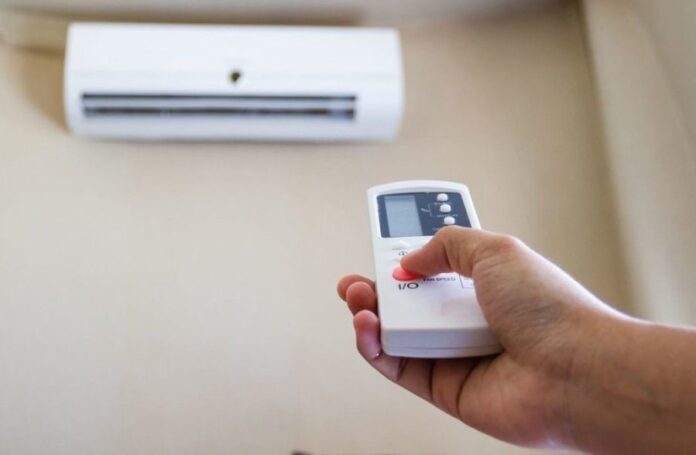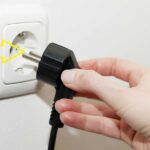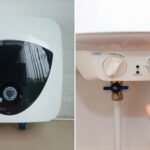As summer arrives and the heat becomes unbearable, air conditioners become indispensable in every household. However, running the AC continuously can result in skyrocketing electricity bills, putting a strain on your finances. So, how can you enjoy a cool environment while conserving energy? Discover nine practical tips to use your air conditioner efficiently during the summer, presented in a clear and applicable manner for all Vietnamese families.
1. Set the Right Temperature
One of the simplest ways to save energy is to set your AC at an optimal temperature. According to experts, the ideal temperature during summer should range from 25-27°C. At this setting, the AC doesn’t have to work excessively, providing a comfortable environment while significantly reducing power consumption. Avoid extremely low temperatures as they will force the compressor to run continuously, increasing electricity costs and shortening the appliance’s lifespan.
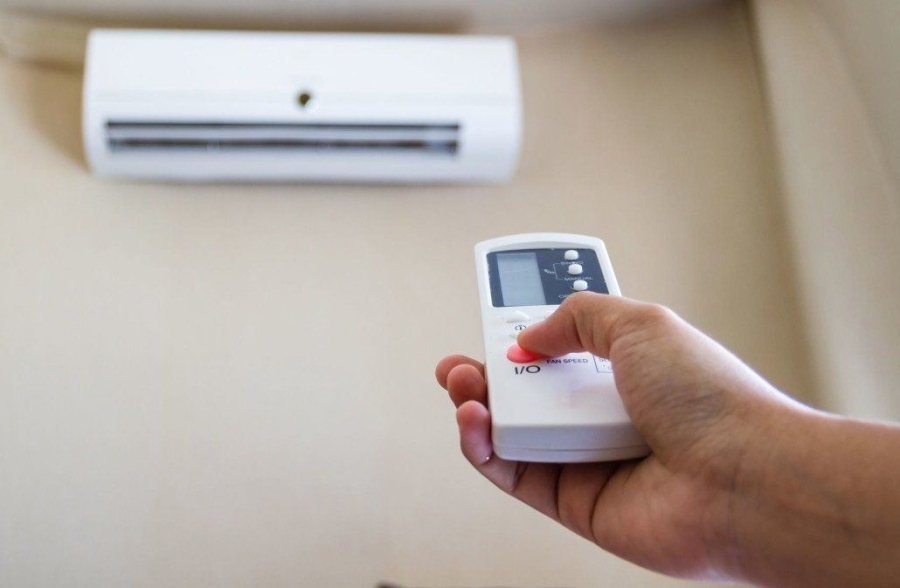
2. Utilize Energy-Saving Mode
Modern air conditioners often feature an energy-saving mode (Eco Mode) or Inverter technology. When activated, this mode automatically adjusts the power output, reducing electricity usage while maintaining a stable temperature. Refer to your appliance’s user manual to enable this mode, especially during prolonged hot spells.
3. Combine with a Fan for Better Efficiency
Using an electric fan in conjunction with your AC is a little-known yet surprisingly effective trick. The fan helps circulate cool air evenly throughout the room, reducing the time required for the AC to achieve the desired temperature. Once the room is comfortably cool, you can turn off the fan to save even more electricity. This not only lessens the burden on the AC but also creates a more pleasant environment.
4. Keep Doors and Windows Closed, and Use Sun-Blocking Curtains
For your AC to work effectively, ensure all doors and windows are closed to prevent cold air from escaping. Check for gaps around windows and doors, and use insulating materials if necessary. Additionally, draw the curtains or use window tinting film to block direct sunlight, thus reducing the indoor temperature. These small adjustments can significantly decrease the workload on your AC.
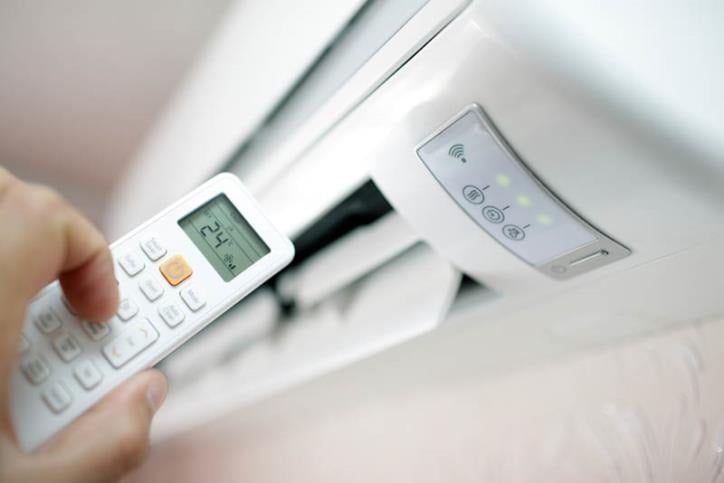
5. Regular AC Maintenance
A dirty AC unit or clogged air filter will operate less efficiently and consume more electricity. Clean the air filter at least once every 1-2 months and have the entire unit serviced every six months. If you’re unable to clean it yourself, engage a professional technician. A well-maintained AC not only saves on electricity bills but also safeguards your family’s health by preventing bacterial buildup in the air.
6. Turn Off the AC When Not in Use
Leaving the AC running continuously even when no one is in the room contributes significantly to high electricity bills. Develop the habit of turning off the AC when you leave the room for more than 30 minutes. If you’re stepping out for a short while, consider increasing the temperature by a few degrees instead of turning it off entirely. This way, you save energy while keeping the room cool for when you return.
7. Choose the Right AC Unit for Your Room Size
Using an AC unit with inappropriate capacity for your room size can lead to energy wastage. An undersized AC will struggle to cool a large room, while an oversized unit will consume more energy than necessary in a small space. Before purchasing, consult with an expert to select a unit with the right capacity, typically calculated as 1HP for every 15-20 square meters.
8. Take Advantage of the Timer Function
The timer function on your AC is incredibly useful for energy conservation, especially at night. You can set the AC to turn off automatically after 2-3 hours of sleep or turn it on 15-20 minutes before returning home. This reduces unnecessary operation time while providing convenience without the worry of excessive electricity usage.
9. Improve Your Home’s Insulation
In addition to AC-specific tips, improving your home’s insulation plays a crucial role in energy conservation. Painting walls with light-colored paint, using insulating materials for the ceiling, and planting trees around the house all contribute to lowering the overall temperature. When your home absorbs less heat, your AC won’t have to work as hard, resulting in substantial energy savings.


























